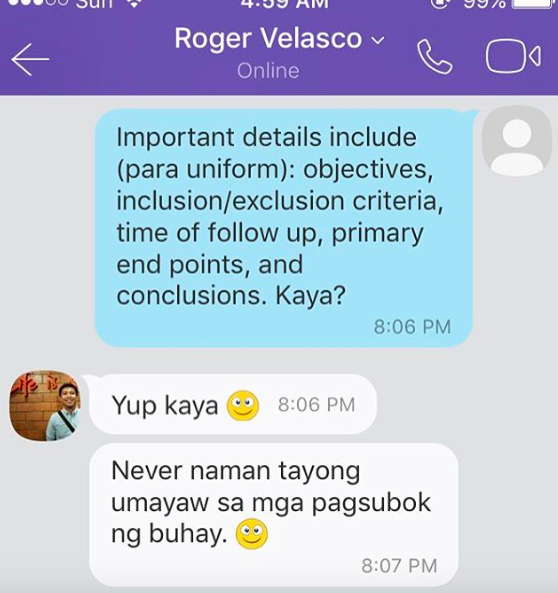ONE thing that excites me in Toxicology is the ringing of the phone and what the other person on the other line might ask next.
I've been manning the National Poison Management and Control Center since the start of the month as part of my rotation in Toxicology. The duty schedule is hectic for my senior year—24-shifts every three days, with no true post-duty (or "from-duty," as my non-PGH colleagues say) status. My stay entails that I provide telephone support and medical advice to physicians and laymen all over the country about all things related to poisoning. This means, of course, that I must know the active substances of popular products. My knowledge, I've realized, is limited. Thankfully, however, beside the three phones in the office are the Pandora's boxes of precious toxicologic knowledge. Whereas online databases can only give us so much information, this collection of 6x8 cm index cards, many of them dirtied by the patina of time, provides the answers as to the active ingredients of katol (pyrethrin), Johnson's cologne (phenoxyethanol), and glue gun (non-toxic at all).
I've received calls about a farmer who swallowed a sachet of pesticide after fighting with his wife. Many such ingestions fill our daily census, which the office forwards to the Department of Health at the end of the year. There are cobra bites in Bohol, sodium hypochlorite (Zonrox being the most popular brand) ingested by depressed people all over the country, noxious gas exposures of elementary school students in Central Luzon, and, the most memorable of all, a petroleum ingestion by a cat owned by a horrified, distressed young lady.
The most important detail I ask is the type of poison, if the substance is poisonous at all. The next details I ask are mainly related to the circumstances leading to the exposure: whether it was accidental or not, where it happened, and how the patient was doing. The rest of the information are for the completion of our census.
Receiving calls from complete strangers feels like being a night-time radio talk show host. The simile stands: people really phone in to get sound advice, knowing they'll get better with the knowledge that an expert has heard and processed their concerns. I suppose, if we broadcast these calls—barring expulsion from the practice of medicine due to disclosure of confidential information—we'd be a hit. Imagine the possibilities: The Toxicology Radio Program! You have broken hearts? Don't swallow a thousand of those pills—just give us a call!











